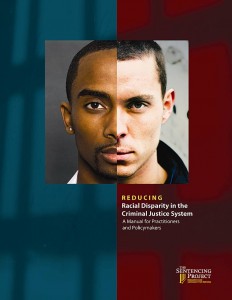Kahan on Law Enforcement in the Inner-City
Yale Professor Dan Kahan delivered a terrific public lecture here yesterday on his theory of cultural cognition. I am excited to see his program today with Milwaukee County District Attorney John Chisholm, moderated by Mike Gousha. For more than a decade, Kahan has been one of the legal academy’s most original and thought-provoking writers on inner-city law enforcement. It should be very interesting to hear him discuss the particular challenges facing Milwaukee with D.A. Chisholm, who has already initiated several intriguing new programs during his short time in office.
In preparation for the program, I have been reviewing a couple of Kahan’s classic law review articles on inner-city policing.


